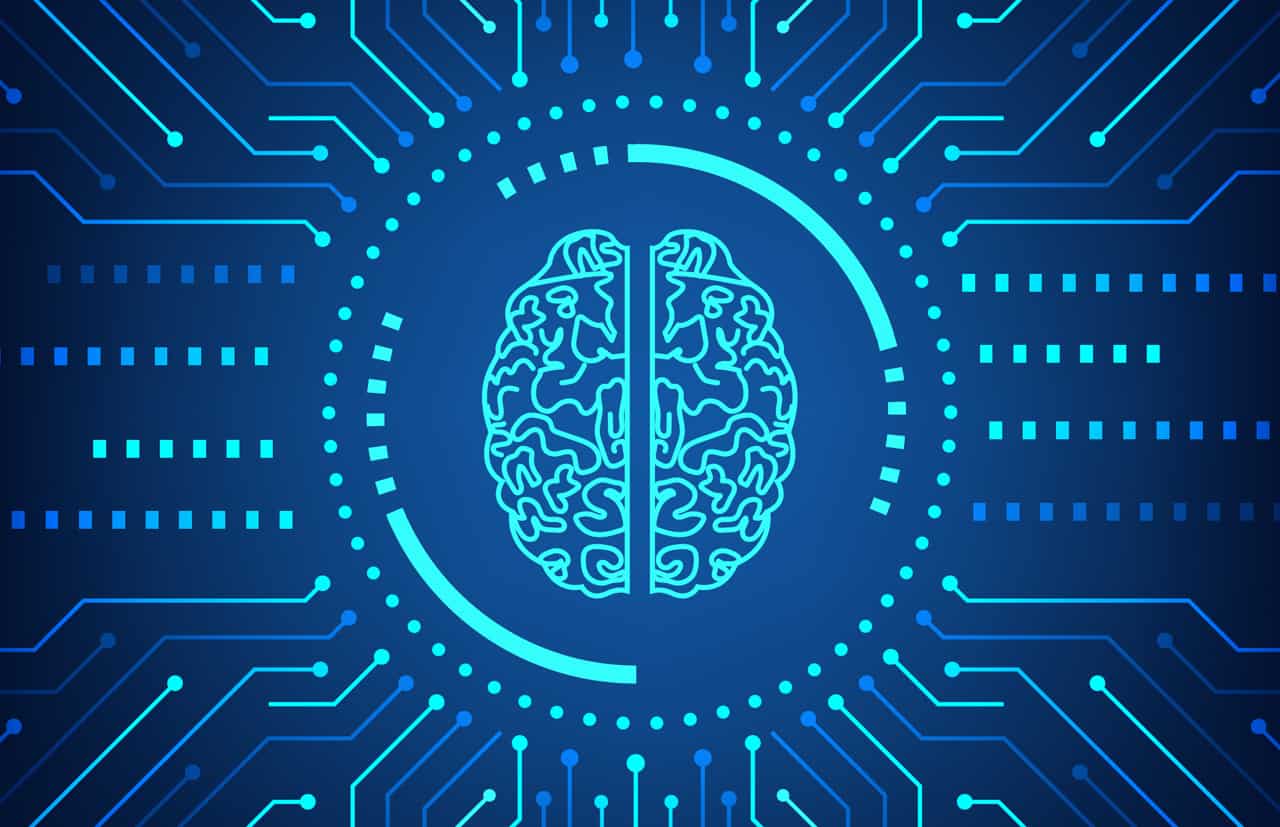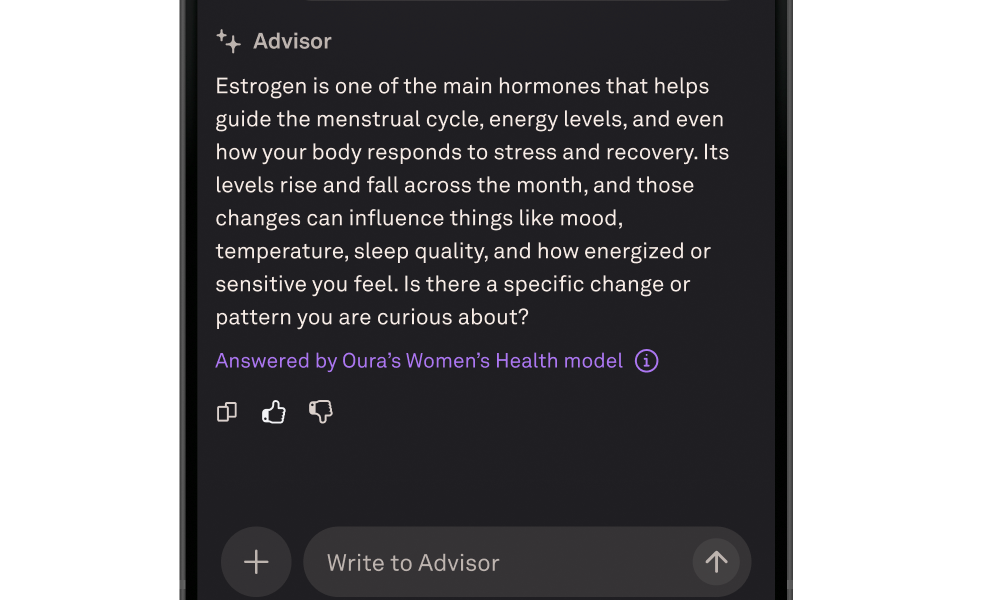Artificial Intelligence (AI) has emerged as a transformative technology in recent years, and India is no exception. From healthcare to finance, education to agriculture, AI is being leveraged to address some of India's most pressing challenges. One of the most exciting areas of AI research today is cognitive capabilities, which refers to the ability of an AI system to process information, reason, learn, perceive, and understand natural language, just like humans do. In this article, we will explore the developments in AI with cognitive capabilities in India, along with some examples.
India's potential for cognitive AI is vast, given its large pool of engineering talent and a growing startup ecosystem. One such startup is Locus.sh, which provides AI-powered supply chain solutions. The company uses cognitive AI to optimize logistics operations, route planning, and delivery schedules, enabling businesses to save time and money. The company's AI algorithms can analyze large amounts of data, identify patterns, and suggest the most efficient routes for deliveries, even in complex urban environments. Locus.sh has already gained traction with several customers, including Tata Group and Flipkart.
Another area where cognitive AI is making an impact in India is healthcare. In a country where healthcare infrastructure is often overburdened, AI-powered solutions can help improve access and quality of care. A prime example is the AI-powered diagnostic tool developed by Qure.ai, a Mumbai-based startup. The tool can analyze medical images and provide accurate diagnoses for a variety of conditions, including tuberculosis, stroke, and brain hemorrhage. The tool is particularly useful in remote areas where trained radiologists may not be available. Qure.ai has already partnered with several hospitals and clinics in India and other countries.
Education is another area where cognitive AI is being leveraged in India. Several startups are using AI to create personalized learning experiences for students, enabling them to learn at their own pace and style. For example, Cuemath, a Bangalore-based startup, provides personalized math learning programs for school children. The program uses cognitive AI to identify each student's strengths and weaknesses and provides customized lesson plans accordingly. The program has already gained popularity among parents and teachers, with more than 20,000 students enrolled in the program.
Finally, cognitive AI is also being used to address some of the challenges faced by farmers in India. Agriculture is a key sector in India, employing more than half of the country's population. However, farmers face numerous challenges, including unpredictable weather, pest attacks, and market fluctuations. Several startups are using AI-powered solutions to help farmers improve crop yields and profitability. One such startup is AgroStar, which provides AI-powered recommendations for crop protection and nutrient management. The company's AI algorithms can analyze weather patterns, soil conditions, and other factors to provide customized advice for each farmer. The company has already helped more than 2 million farmers across India.
In conclusion, the potential of cognitive AI in India is enormous, and several startups and companies are leveraging this technology to create innovative solutions across various sectors. These solutions have the potential to improve access to healthcare, enhance learning outcomes, optimize logistics operations, and empower farmers, among other benefits. However, it is important to consider the ethical and societal implications of AI development, and ensure that these technologies are accessible and beneficial to all segments of society.







Comments